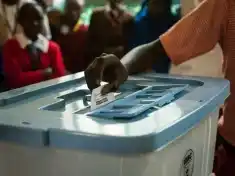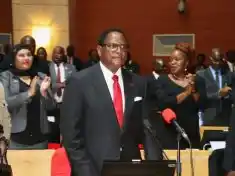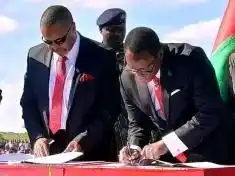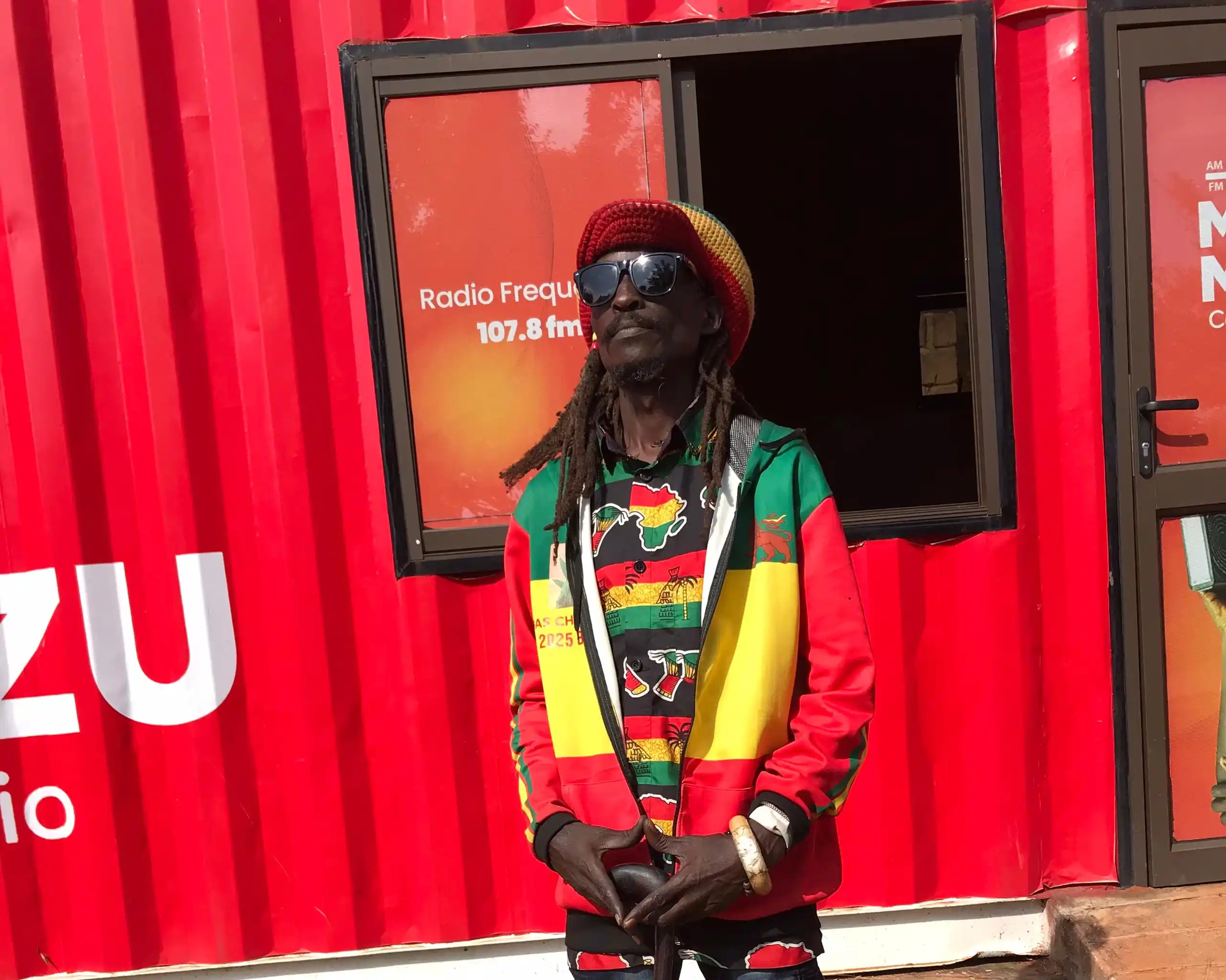
Although there is a significant turnout of young Malawians registering for the 2025 general elections, it is concerning that only a minority of them are seeking roles such as councillors, Members of Parliament, and presidential candidates.
This article discusses the challenges that young people encounter in navigating Malawi’s political environment.
For starters, the history of unfulfilled political promises in Malawi by various regimes often lead to scepticism among the youth.
When young people see that elected officials fail to deliver on their commitments, it fosters a sense of mistrust in the political system.
In fact, as young people see that their specific challenges—such as unemployment, education, and access to resources—are not addressed, they become disillusioned with the political process and feel that their participation is futile.
While the youth is wallowing in abject poverty, it is disheartening to see that cabinet ministers and government officials are competing for supremacy in accumulating wealth , properties and decent cars through corrupt means.
Poverty and economic inequalities significantly impact the ability of young people to engage in politics.
Many youths in Malawi face financial constraints that limit their access to resources needed for campaigning, such as funding for political activities, transportation, and communication.
Additionally, economic instability under the current Chakwera leadership has led the youth to focus on immediate survival rather than long-term political aspirations.
Amid economic meltdown, it is disheartening to note that Ras Chikomeni failed to contest as a Presidential candidate because he could not raise the required presidential nomination fee of K10 million.
Furthermore, certain cultural and political beliefs discourage youths from pursuing leadership roles.
In most political parties including Malawi Congress Party (MCP), Democratic Progressive Party (DPP) and United Democratic Front (UDF), no one is audacious enough to compete against the party president at an elective party convention.
It is perceived as an open defiance when party members challenge their leader at a convention.
As a matter of fact, Malawi’s societal structure often places a high value on the wisdom and experience of elders.
This cultural belief system often leads to the perception that young people lack the necessary experience and maturity to hold political office.
As a result, youths usually feel discouraged from competing for leadership roles, believing that their ideas and perspectives are undervalued.
Many young Malawians lack access to political education and awareness about the importance of their participation in governance.
Without proper understanding of the political process and the impact of their involvement, youths oftentimes feel disconnected from political activities and less motivated to run for office.
Political parties in Malawi usually do not prioritize youth representation, often favouring established candidates with strong connections and experience.
This creates a barrier for young aspirants who may struggle to gain support within party structures that are dominated by older members.
In conclusion, addressing these challenges requires a multifaceted approach, including promoting youth empowerment, increasing access to political education, and encouraging political parties to embrace and support young leaders.
Encouraging youth representation and ensuring that their voices are heard can help revitalize interest in politics and foster a more inclusive electoral environment.








0 Comments